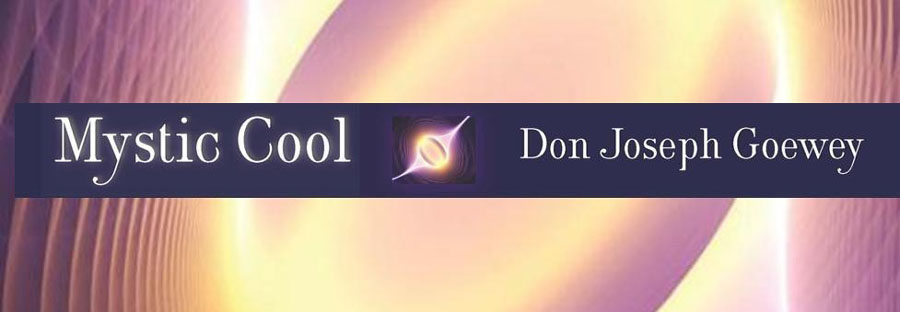Robert Sapolsky of Stanford relates a story about a boy from a psychologically abusive setting, who was hospitalized with zero growth hormones in his
 bloodstream. Chronic stress had completely shut down the body’s growth system, threatening his life. Over the next two months the boy developed a close relationship with the nurse at the hospital—undoubtedly the first normal relationship he had ever had—and soon, amazingly enough, his growth hormone level zoomed back to normal. However, when the nurse went on vacation, the boy’s blood level dropped again. Then, immediately on her return, his blood level bounced back to normal. “Think about it,” Sapolsky commented. “The rate at which this child was depositing calcium in his bones could be explained entirely by how safe and loved he was feeling in the world.”
bloodstream. Chronic stress had completely shut down the body’s growth system, threatening his life. Over the next two months the boy developed a close relationship with the nurse at the hospital—undoubtedly the first normal relationship he had ever had—and soon, amazingly enough, his growth hormone level zoomed back to normal. However, when the nurse went on vacation, the boy’s blood level dropped again. Then, immediately on her return, his blood level bounced back to normal. “Think about it,” Sapolsky commented. “The rate at which this child was depositing calcium in his bones could be explained entirely by how safe and loved he was feeling in the world.”The research of Dr. Helen Fisher of Rutgers into the biochemical, neurological, and social foundations of love has led her to conclude that love is not an emotion; it is a drive more powerful than the sex drive, emanating from the engine of the brain.
Mirror Neurons
The neural network most responsible for achieving our state of connectedness is the mirror neuron system. This cluster of nerve cells was
 discovered in 1996 in an experiment conducted on macaque monkeys. Researchers observed on brain scans that a specific cluster of brain cells fired in the frontal lobe of a monkey when it grabbed a peanut. The curious thing was that in another monkey, who was watching the first monkey grab the peanut, the same cluster of cells fired. The cells seemed to reflect the actions of the other monkey almost like a mirror reflects one’s image. As the researchers investigated further, it became easy for them to predict which specific neurons would fire based on the activity performed by one monkey and observed by another. The scientists dubbed this cluster of cells mirror neurons.
discovered in 1996 in an experiment conducted on macaque monkeys. Researchers observed on brain scans that a specific cluster of brain cells fired in the frontal lobe of a monkey when it grabbed a peanut. The curious thing was that in another monkey, who was watching the first monkey grab the peanut, the same cluster of cells fired. The cells seemed to reflect the actions of the other monkey almost like a mirror reflects one’s image. As the researchers investigated further, it became easy for them to predict which specific neurons would fire based on the activity performed by one monkey and observed by another. The scientists dubbed this cluster of cells mirror neurons.In humans, the mirror neuron system is highly developed. It provides the neural mechanism by which we are able to read each other and feel empathy. “With mirror neurons [we are] practically in another person’s mind,” states Dr. Marco Iacoboni of UCLA. Daniel Goleman, author of Emotional Intelligence, writes, “Mirror neurons track the emotional flow, movement, and even intentions of the person we are with, and replicate this sensed state in our own brain by stirring in our brain the same areas active in the other person. Mirror neurons offer a neural mechanism that explains emotional contagion, the tendency of one person to catch the feelings of another, particularly if strongly expressed. This brain-to-brain link may also account for feelings of rapport, which research finds depend in part on extremely rapid synchronization of people’s posture, vocal pacing, and movements as they interact.” Goleman points out that mirror neurons work both ways. My hostility bumps up your blood pressure; your nurturing love lowers mine. Biologically, friends are healing, enemies are toxic. This explains why the research of Fred Luskin at Stanford has shown, over and over, that a willingness to forgive reduces serious health risks.
A Person-Centered Approach
The psychological approach that maps to the way mirror neurons achieve interpersonal resonance is the person-centered approach, formulated by Carl R. Rogers, Ph.D. Rogers’ approach is one of the most scientifically validated approaches in psychology, earning him a nomination for the Nobel Prize. The three essential conditions he estabilshed are now at the core of nearly every form of psychotherapy, communication, conflict resolution, community building, and education. I present these conditions in the blog below.
Click on to return to the Mystic Cool website.




No comments:
Post a Comment